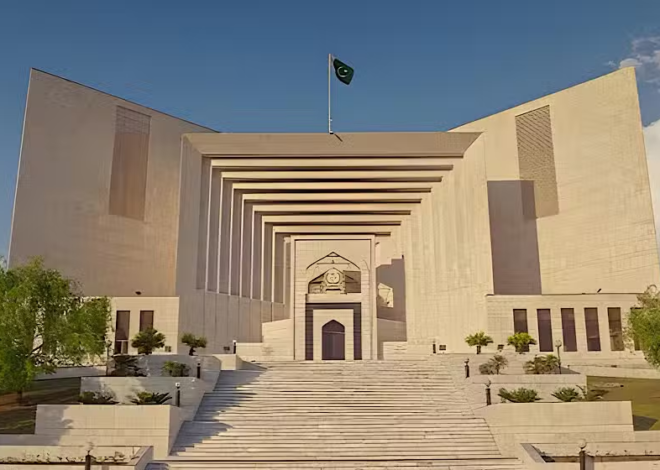
Severe Water Crisis Expected in Islamabad
Islamabad, Pakistan’s capital, is facing an unprecedented water crisis that threatens the daily lives of its residents and the city’s sustainable development. Once celebrated for its abundant natural resources, Islamabad is now grappling with declining water levels, inadequate infrastructure, and environmental challenges that jeopardize its future water security.
Declining Water Sources
The city’s primary water sources—Rawal Lake, Khanpur Dam, and the Ghazi Barotha Water Supply Project—are experiencing significant strain. Rawal Lake, which supplies a substantial portion of Islamabad’s water, is facing contamination from sewage and encroachments, compromising its water quality and availability . Similarly, Khanpur Dam, located approximately 50 kilometers from Islamabad, is under pressure due to increased demand and reduced rainfall, affecting its capacity to meet the city’s needs .
The Ghazi Barotha Water Supply Project, a long-term initiative aimed at providing 200 million gallons of water per day to Islamabad and Rawalpindi, has been delayed for over 15 years. Despite its potential, the project has faced setbacks, including exclusion from the Annual Development Program for the financial year 2023–24, exacerbating the water shortage crisis .
Inadequate Infrastructure and Management
The Capital Development Authority (CDA) has initiated measures to address the water crisis, such as establishing rainwater recharge wells and implementing filtration systems. However, these efforts have been insufficient to meet the growing demand. The CDA’s initiatives, including the establishment of up to 100 rainwater recharge wells, have saved over one million gallons of water, but this amount falls short in the face of escalating consumption .
Environmental and Climatic Factors
Climate change has exacerbated the water crisis in Islamabad. Erratic rainfall patterns and prolonged dry spells have led to reduced water inflows into reservoirs and increased evaporation rates. These climatic changes, coupled with deforestation in the Margalla Hills National Park, have diminished the natural recharge of groundwater aquifers, further depleting the city’s water resources.
Implications for Residents and Urban Development
The impending water crisis poses severe challenges for Islamabad’s residents. Frequent water shortages have led to rationing, with some areas experiencing water supply interruptions for several hours each day. This situation not only affects daily household activities but also hampers economic productivity and public health.
Urban development projects have also been impacted, as construction activities require substantial water resources. The scarcity of water has led to delays in infrastructure projects and has deterred potential investors, hindering the city’s growth prospects.
Urgent Measures Needed
To mitigate the water crisis, immediate and long-term strategies are essential:
- Completion of the Ghazi Barotha Project: Accelerating the development of this project can significantly augment the city’s water supply.
- Enhancement of Water Conservation Efforts: Promoting water-saving technologies and practices among residents and industries can reduce overall consumption.
- Reforestation and Environmental Protection: Implementing afforestation programs in the Margalla Hills can improve rainfall patterns and groundwater recharge.
- Strengthening Water Management Policies: Establishing robust policies for water distribution, pricing, and quality control can ensure equitable and sustainable water use.
Conclusion
Islamabad stands at a critical juncture in addressing its water crisis. Without decisive action, the city risks facing severe shortages that could undermine its status as Pakistan’s capital and affect the well-being of its residents. It is imperative for the government, civic bodies, and citizens to collaborate in implementing effective solutions to secure a sustainable water future for Islamabad.







